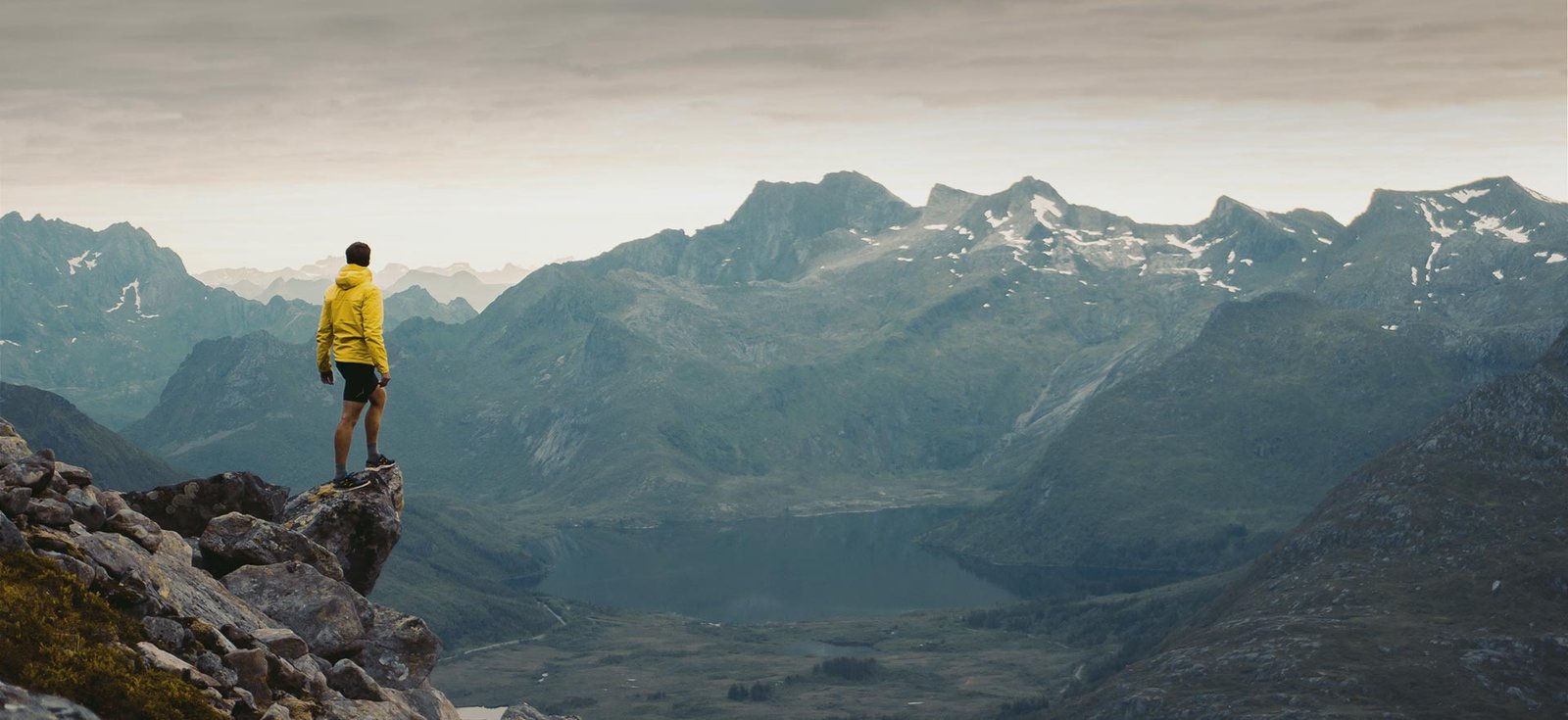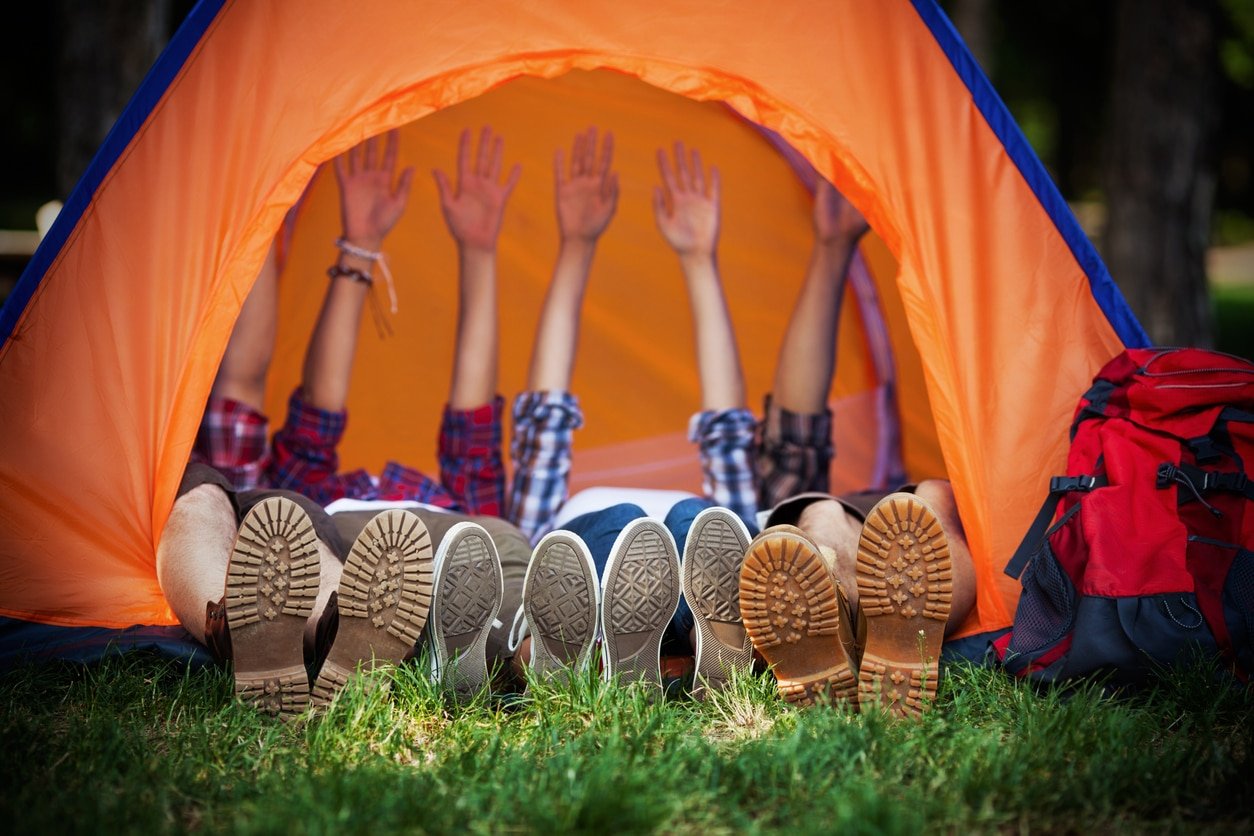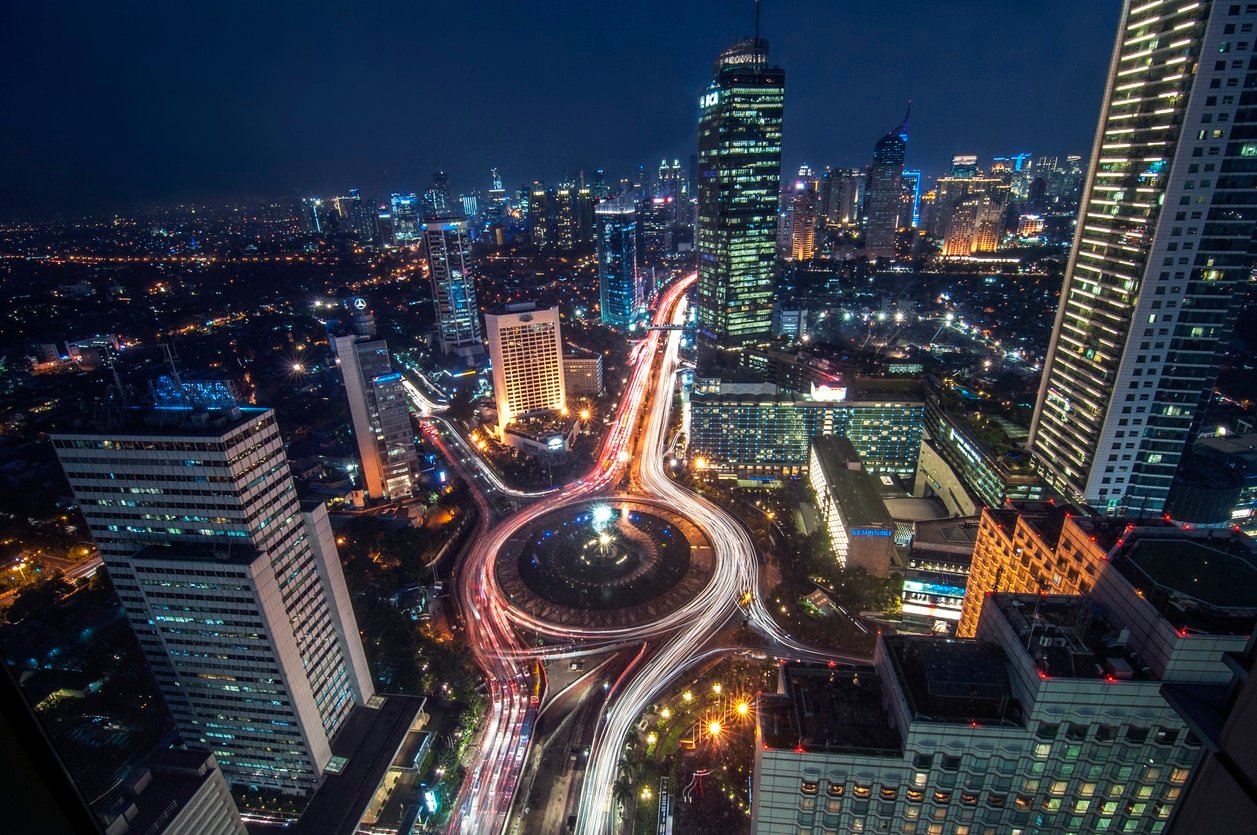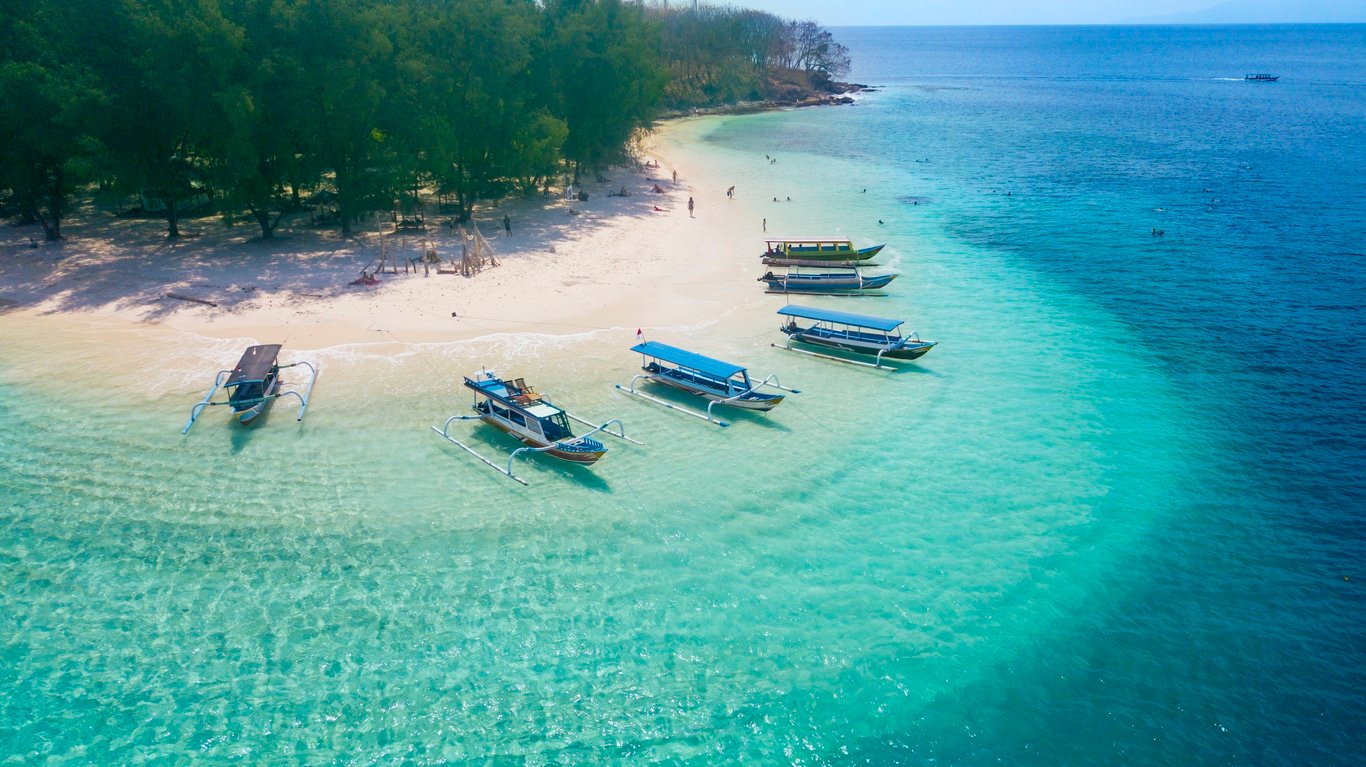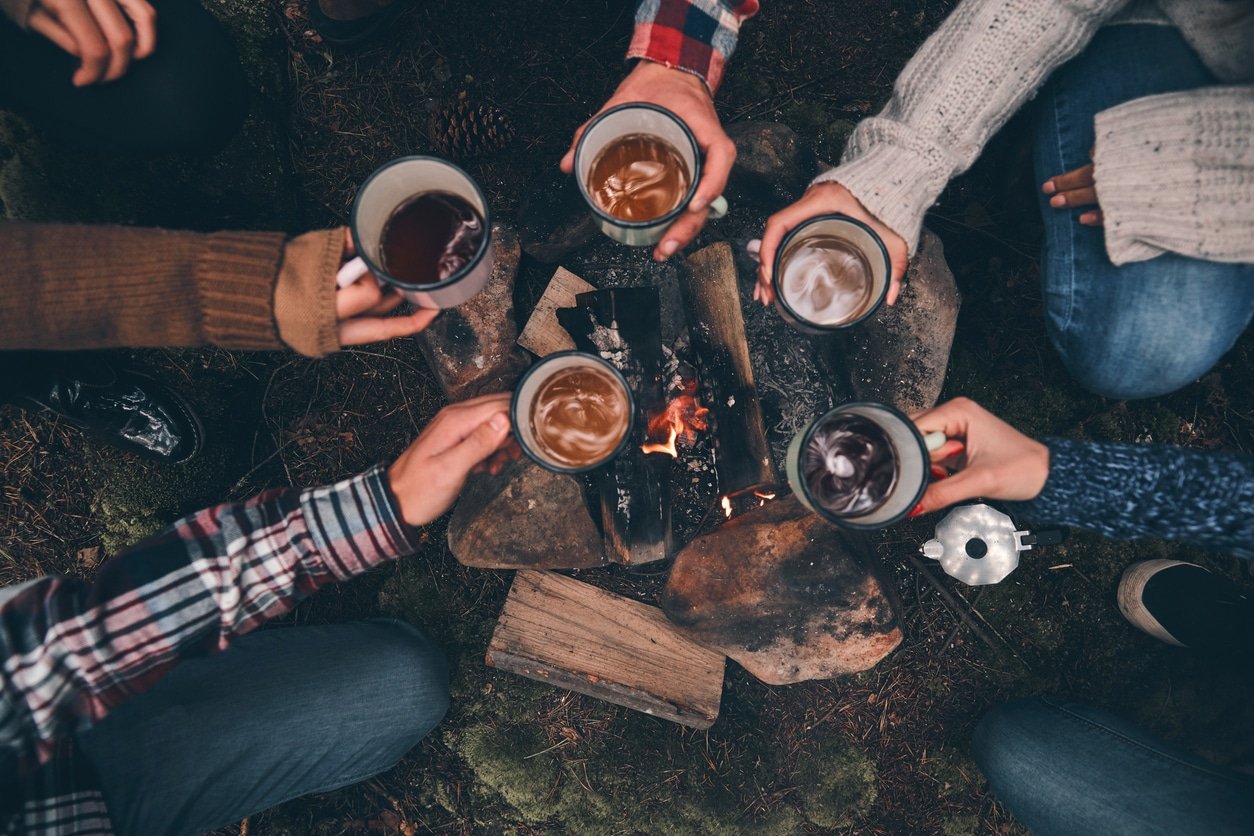Camping In Brazil: The Rules, Tips & What You Need To Know!
Putting it simply, camping in Brazil appears to be an adventurous traveler’s dream. Miles upon miles of golden beaches, incredible lush forests in the Brazilian Highlands, gushing waterfalls and stunning sky-blue lakes. With those natural scenes waiting for you, it’s no surprise that camping in Brazil is a bucket list activity for thousands of people around the world.
Thankfully, there are many campsites in Brazil that can accommodate those looking for some comfort in nature. Wild camping (free camping) in Brazil is also well tolerated and regarded as a legal activity.
We cover both types of camping below. As well as must-know security information, tips, and more.
So read on, and begin your Brazilian camping adventure!
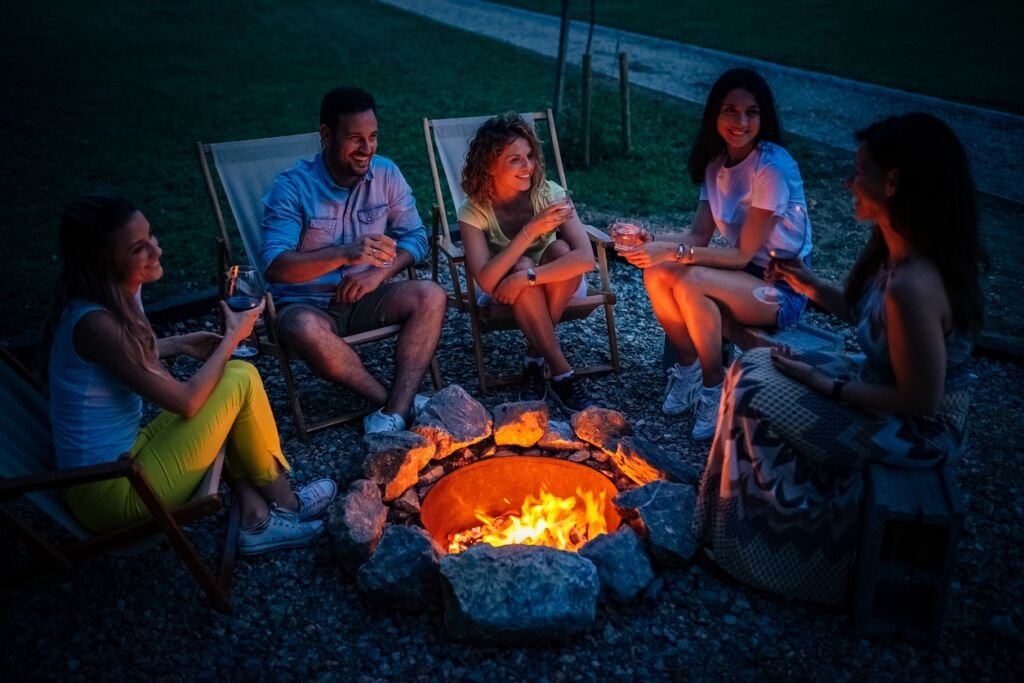
Camping In Brazil: Campsites
Camping is a popular pastime for many Brazilians, and so there are campsites throughout the country.
There are also many areas set up for RVs, where campers can also usually pitch a tent – just find the person in charge and ask.
If you’re looking for campsites in a specific region of Brazil, a good place to start is Camping Clube do Brasil. They have campsites up and down Brazil, and have a range to fit all budgets. You can check out their website by clicking here.
Along with the advantages of having amenities such as a toilet, shower, group kitchen, and electricity, Brazilian campsites also have one more huge advantage. They are far safer than wild camping. Almost all have 24/7 security personal, and a safe to store personal items.
Campsites in Brazil also usually have entertainment and activities on offer for patrons!

Almost all national parks in Brazil have at least one campsite, and a few have several. They are usually situated around some of the best hiking and walking routes in the countryside, so are a great place to be based for an active nature-driven holiday. Most of the parks have their own official website that will include information on campsites and their locations.
There are also campsites located next to many of the major cities (and some situated on the beach at the outskirts of cities, such as Rio), so they can be convenient for sightseeing as well.
However staying in a hostel or hotel may work at around the same price. Especially if you factor in having to pay for public transport and/or taxis to and from the campsite. So look into all options, as camping might not be the cheapest way to see Brazil.
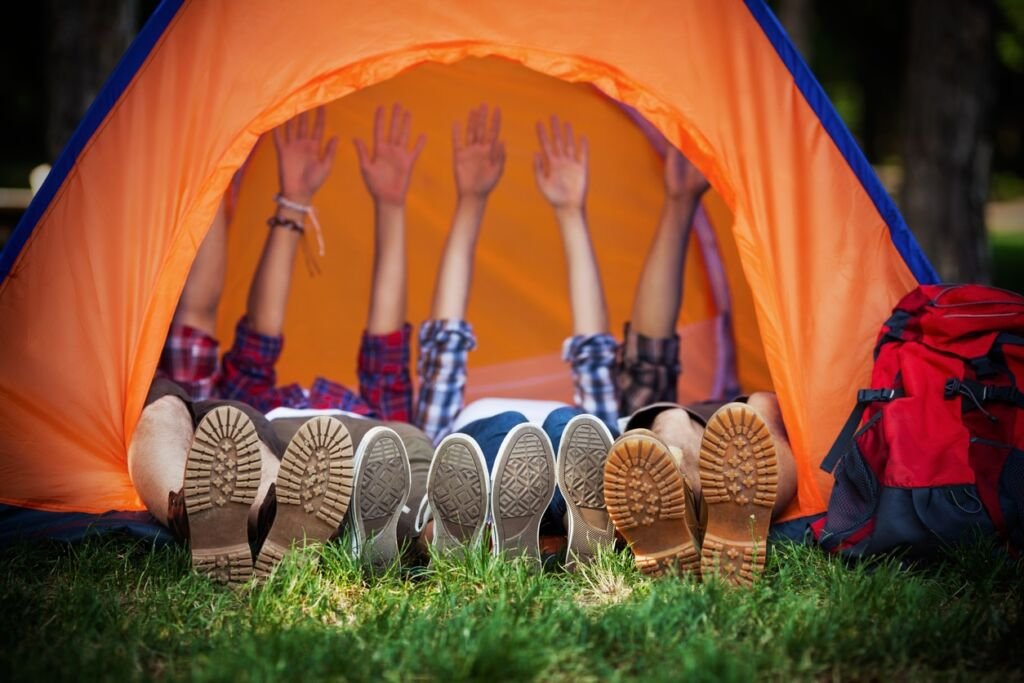
Wild Camping In Brazil: What You Should Know
DISCLAIMER: Below we give general advice, but we always recommend staying in an official campsite. If you choose to go wild camping/dispersed camping, then make sure you do so with someone who already knows the area where you’re planning on camping for your own safety.
It’s definitely possible to camp in Brazil outwith paid campsites, and it is tolerated, but there are a few risks.
Although nearby Argentina is regarded as safe for wild campers, Brazil is a little more dangerous. There have been reports in the past of wild campers being robbed in Brazil. Of course, if where you are camping is very remote, the chances of being robbed will be slim. Still, it’s good to be vigilant.
Most robberies tend to happen when a tent is left unattended. Therefore if you do wish to wild camp in Brazil, it’s best to always carry your possessions with you – even if leaving the tent for a very brief amount of time.
In essence, wild camping has some risk attached to it – so it’s up to you to decide whether it’s worth it or not. But you can mitigate that risk by being discreet, and camping in remote areas.

The attraction of camping in Brazil is that many backpackers want to spend several weeks or months in this beautiful country, and to do so, they have to be economical with money.
But is it legal to wild camp in Brazil?
The law is a little fuzzy on the topic, but in general it is legal to wild camp in Brazil. That includes beaches! However campers are expected to follow some basic rules:
The ‘rules’ around wild camping in Brazil
- Choose a rural spot to pitch your tent, one where it is unlikely you will be disturbed. For example, in the countryside far away from villages, towns and cities.
- If you are hiking a popular walking route, make sure you choose to camp in a place that won’t be in any other hiker’s or walker’s way.
- Do not camp on private land, near buildings, settlements, or on any land that appears to be cultivated.
- Avoid camping in restricted areas or on private land.
- If you do wish to camp on farmland, or an area that could be private – seek out the landowner and ask permission. Some will be fine with it, some may ask for a small fee. Some may say no – if that’s the case then leave and don’t make a fuss.
- Set up your tent at dusk, and take it down at dawn. Stay no longer than one or two nights at most in the same place before moving on.
- Take any trash with you, and leave your camping spot the way you found it – if wild campers treat the country well, then camping will continue to be tolerated.
- Make sure your tent is mosquito proof.
- When going to the toilet you should do it far from water sources, such as rivers and lakes. Make sure to use a trowel to bury any human waste, don’t just leave it out in the open.
- Like many rugged and wild rural areas around the world, there are flora and fauna to be aware of in Brazil. So read up and make sure you know what to expect in the region or area you are planning to wild camp in.

